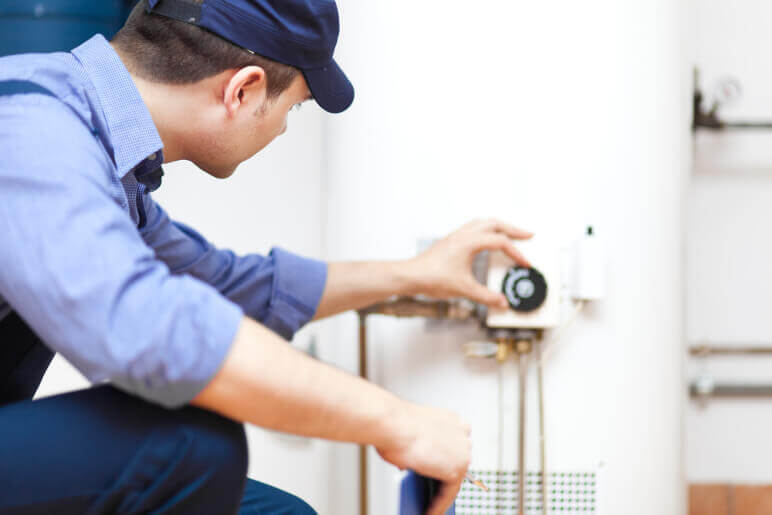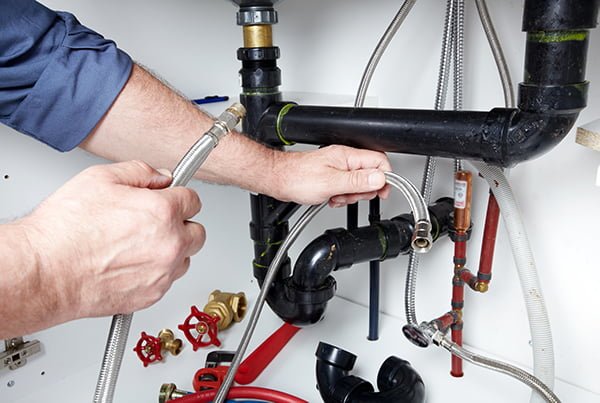Maintaining a functional water heater is essential for everyday comfort and convenience. Here’s a step-by-step guide to help you navigate water heater services, including installation, repair, and maintenance:
- Assessment of Needs: Determine your water heating needs, including the size and type of water heater suitable for your household. Consider factors such as the number of occupants, hot water usage patterns, available space, and energy efficiency preferences.
- Choose the Right Type of Water Heater: Select the type of water heater that best fits your requirements. Common options include traditional tank water heaters, tankless water heaters, heat pump water heaters, and solar water heaters. Each type has its advantages and considerations in terms of installation, energy efficiency, and cost.
- Research and Select a Reputable Provider: Research and choose a reputable provider for water heater services, including installation, repair, and maintenance. Look for licensed and experienced plumbers or HVAC technicians with expertise in water heater systems.
- Installation or Replacement: If you’re installing a new water heater or replacing an existing one, schedule a professional installation service with your chosen provider. The installation process involves safely disconnecting and removing the old unit (if applicable), installing the new water heater according to manufacturer specifications, connecting plumbing and electrical components, and testing for proper operation.
- Routine Maintenance: Regular maintenance is essential for prolonging the lifespan and efficiency of your water heater. Schedule annual maintenance services with your provider to inspect the unit, flush the tank (for tank-type water heaters), check for leaks, test safety features, and perform any necessary adjustments or repairs.
- Repair Services: If your water heater malfunctions or shows signs of trouble, contact your service provider for prompt repair services. Common issues include insufficient hot water, leaks, strange noises, pilot light problems (for gas water heaters), and sediment buildup. Experienced technicians can diagnose the problem, perform repairs, and restore your water heater to optimal condition.
- Emergency Services: In case of a sudden water heater failure or emergency, such as a leak or no hot water, seek emergency repair services from your provider. Prompt attention to water heater emergencies can help prevent property damage and ensure uninterrupted access to hot water.
- Energy Efficiency Upgrades: Consider upgrading to a more energy-efficient water heater to reduce energy consumption and utility costs. Energy-efficient options may include high-efficiency tankless water heaters, heat pump water heaters, or solar water heaters, depending on your preferences and budget.
- Water Quality Solutions: Address water quality issues that may affect your water heater’s performance and longevity. Install water softeners, filters, or other treatment systems as needed to reduce sediment buildup, corrosion, and mineral deposits in the water heater tank.
- Educate Yourself: Learn about your water heater system, including its components, maintenance requirements, and troubleshooting tips. Understanding how your water heater works can help you identify problems early, communicate effectively with service providers, and make informed decisions about repairs or replacements.
By following these steps and working with a trusted provider for water heater services, you can ensure reliable hot water supply, efficient operation, and long-term performance for your home’s water heating system.



